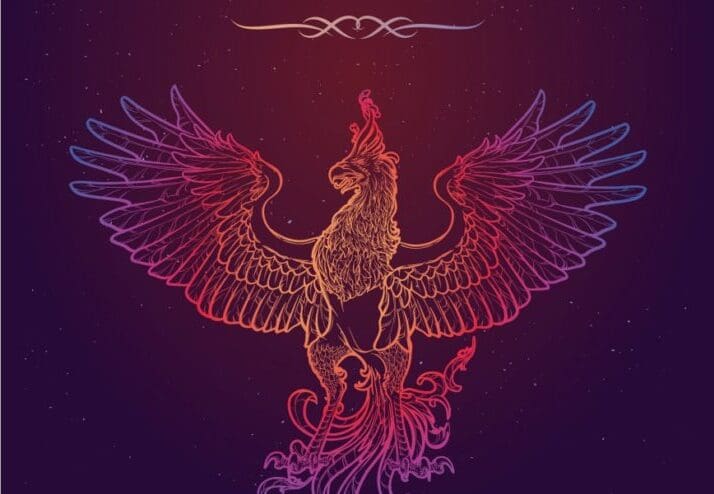When last I wrote, the story had progressed to the point where I had had my EXPERIENCE. I had concluded that my vision was real (which meant that God was real) and that Oneness was somehow involved in the whole thing.
It wasn’t long afterward I realized I didn’t have a frame of reference into which all this would fit. I started by looking in the not-particularly-high Episcopalian church in which I grew up. I immediately ran into several difficulties: my concepts of God and Oneness (God had to be some part of the Oneness, so I thought then) seemed to be at odds with church teaching. God was (as I said last time) a Father unimaginably far away in Heaven. Not one with Earth or me at all. And not really one, anyway: there was this confusing Trinity thing going on. Since then, I have read widely in early Church history, and one thing is perfectly clear: I am not the first person to have difficulty with this.
It did not occur to me then to consider other religious practices, but I did encounter about that time a seventeenth-century philosopher named Baruch de Spinoza. Spinoza wrote at a time when Euclid was considered the epitome of logical thought, so Spinoza’s most important work, the Ethic, was based on Euclidian argument. Axioms are used as the basis to prove propositions, which once proven can be used to prove other propositions. I started with the axioms, with which I agreed, and was carried along to Proposition 11, where the existence of God is proven and to Proposition 14, where it is proven that God is all there is. The logic was unassailable. I had figured out the relationship between God and Oneness and it was clear: there is one God, and God is all there is. Everything else is in God, some function of God’s being.
Spinoza, however, drew one conclusion I now consider erroneous: he believed that since there was one God, everything that happened in God must be inevitable. In Spinoza’s world, there is no free will, no choice; things happen because they happen (or, if you will, God makes them happen, but since we have no influence on God, to us it’s the same thing). At the time, this made sense to me, however, and I moved along my path with this understanding.
But it wasn’t completely satisfying. I kept searching. My first wife was a Catholic, my second a Jew, and my third a Lutheran; in each case I attended services with my spouse, joined communities, and tried to see if I could harmonize this one event in my life with the religious teaching of that Church. Converting to Judaism was an important step for me: at least here was a religion that taught there was only One God.
But somehow not the right God. This was not a God that would dance around the galaxies with me. Far more likely to smite me with skin sores or some such. “Close, but no cigar,” as my grandmother would say.
And then I encountered Ernest Holmes. What a difference! One God, yes, but a God that was not distant, not immovable, a God that listened, a God that responded, a God that showed God’s Self everywhere and in everything. A God I could experience every day, in even the most trivial pursuit, that lived with me, breathed with me, counseled me from within, reflected my deepest beliefs without, with a practical plan for how to manipulate those beliefs to my benefit. I was finally home, and I understood that God is not a “Who?”. “Who” is a word we use to describe someone we don’t yet know. But God we know as part of our direct experience, our sense of ourselves: we cannot not know God. How well we choose to understand this, how deeply we choose to be affected by this, is up to us. God is always there, wherever and whenever.
David Sills is a CSL Licensed Practitioner and a member here at Columbia CSL. Read Part I of David’s blog, “Who Is God?” here.




